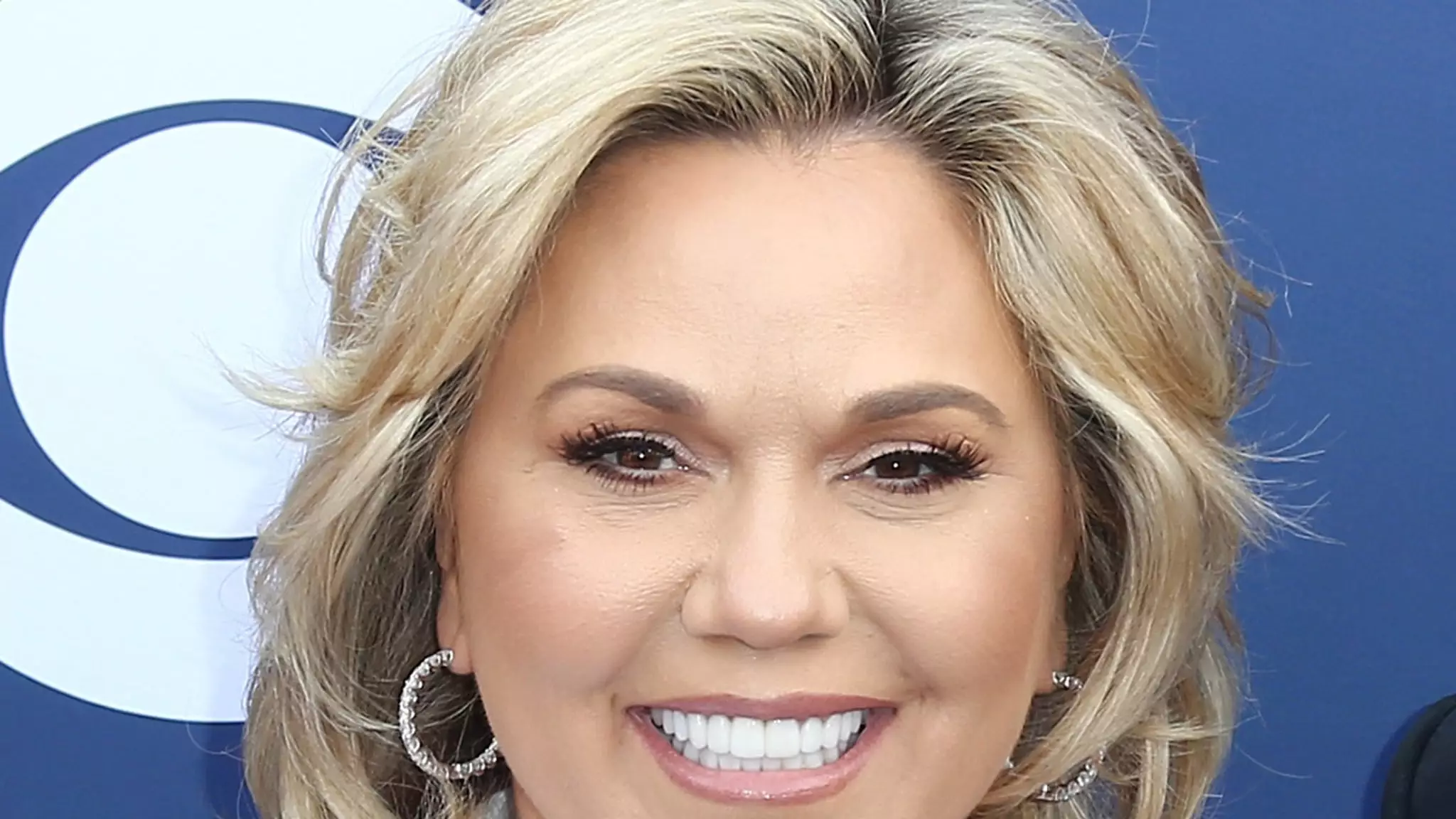The saga of Todd and Julie Chrisley has gripped fans and critics alike, unraveling a complex tale of reality fame intertwined with serious legal woes. Known for their extravagant lifestyle showcased on their hit television show, the couple became the center of attention once more as they exited their respective federal facilities—the culmination of a two-year incarceration for bank fraud and tax evasion. Their recent release has ignited discussions not only about their legal situation but also about the ethics of celebrity culture and the implications of political influence in legal matters.
Pardons and Public Perception
Just hours after the former President’s signature granted them clemency, Julie Chrisley walked out of the Federal Medical Center in Lexington, Kentucky, with the weight of her 7-year sentence lifted significantly. Coinciding with this moment was Todd Chrisley’s release from Florida, marking a rare occurrence where a high-profile family simultaneously navigates the return to public life post-incarceration. This raises intriguing questions about the extent to which public sentiment can influence judicial outcomes. The Chrisleys’ reality show fame undoubtedly played a role in garnering public and political attention, shedding light on the sometimes symbiotic relationship between celebrity status and judicial leniency.
Financial Fallout and Future Ventures
In addition to their freedom, the Chrisleys are faced with formidable financial challenges, notably their substantial restitution of $17.8 million. Amid celebration, the legal discourse around whether they will be held liable offers a unique perspective on accountability. While many might argue that this financial burden is a deserved consequence of their actions, it’s important to consider the underlying message sent to the public when high-profile figures appear to dodge the fallout of their misconduct. The situation thus further complicates public perception of justice, especially as fans anticipate a return to their regularly scheduled programming with the upcoming Lifetime show that promises to document their journey post-prison.
The Role of Media in Shaping Justice
What remains particularly striking is the role that media plays in shaping narratives around justice and redemption. The Chrisleys’ release isn’t just a personal victory; it’s a focal point for discussions about the American judicial system and how celebrity status can skew perceptions of justice. While they may be met with excitement from fans eager to welcome them back, there is a concurrent dialogue about the ethical implications of their pardon and the fairness of treatment within the judicial process. The buzz surrounding their return highlights an ongoing cultural fascination with crime and celebrity, where glamour often overshadows accountability, inviting scrutiny on how the system responds to those who have public notoriety.
In this new chapter for the Chrisley family, as they redefine their identity beyond reality television, it remains to be seen how they will navigate their complicated past while attempting to regain a sense of normalcy. The convergence of celebrity culture, legal justice, and public opinion offers a lens through which society may reevaluate its approach to fame and accountability in the wake of scandal.

